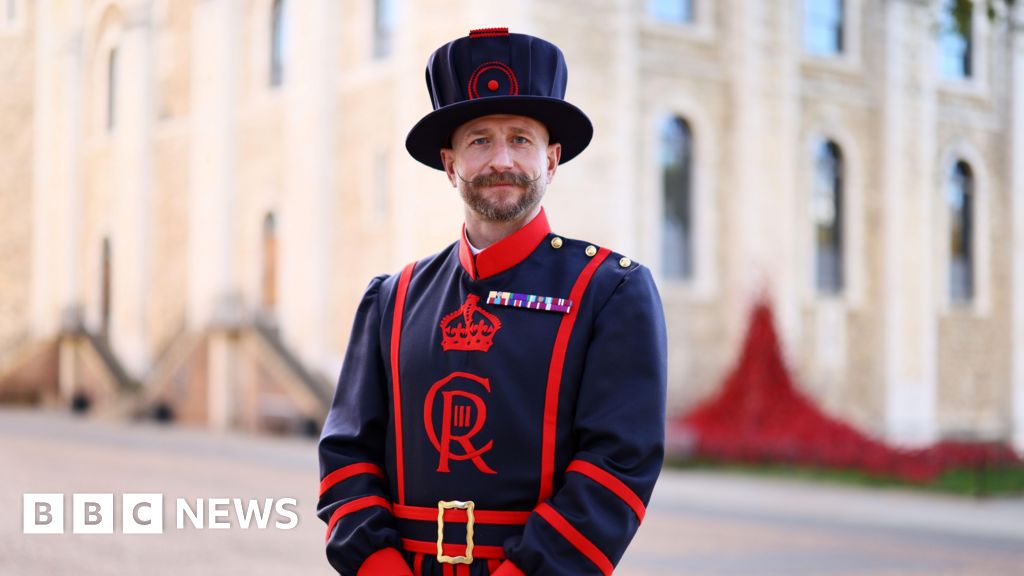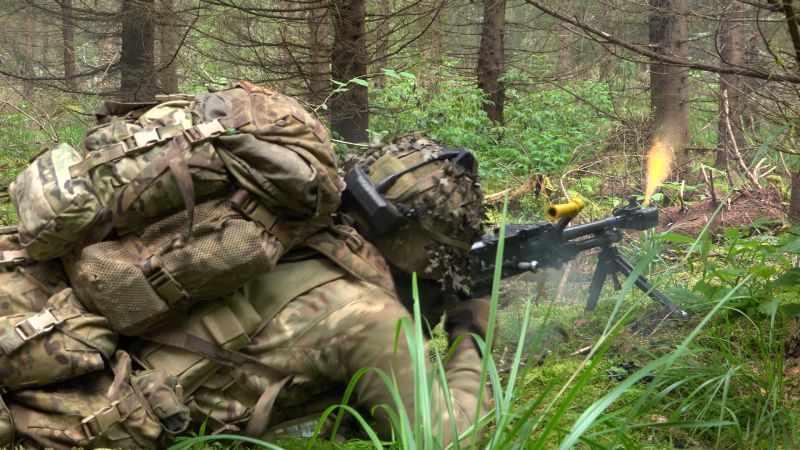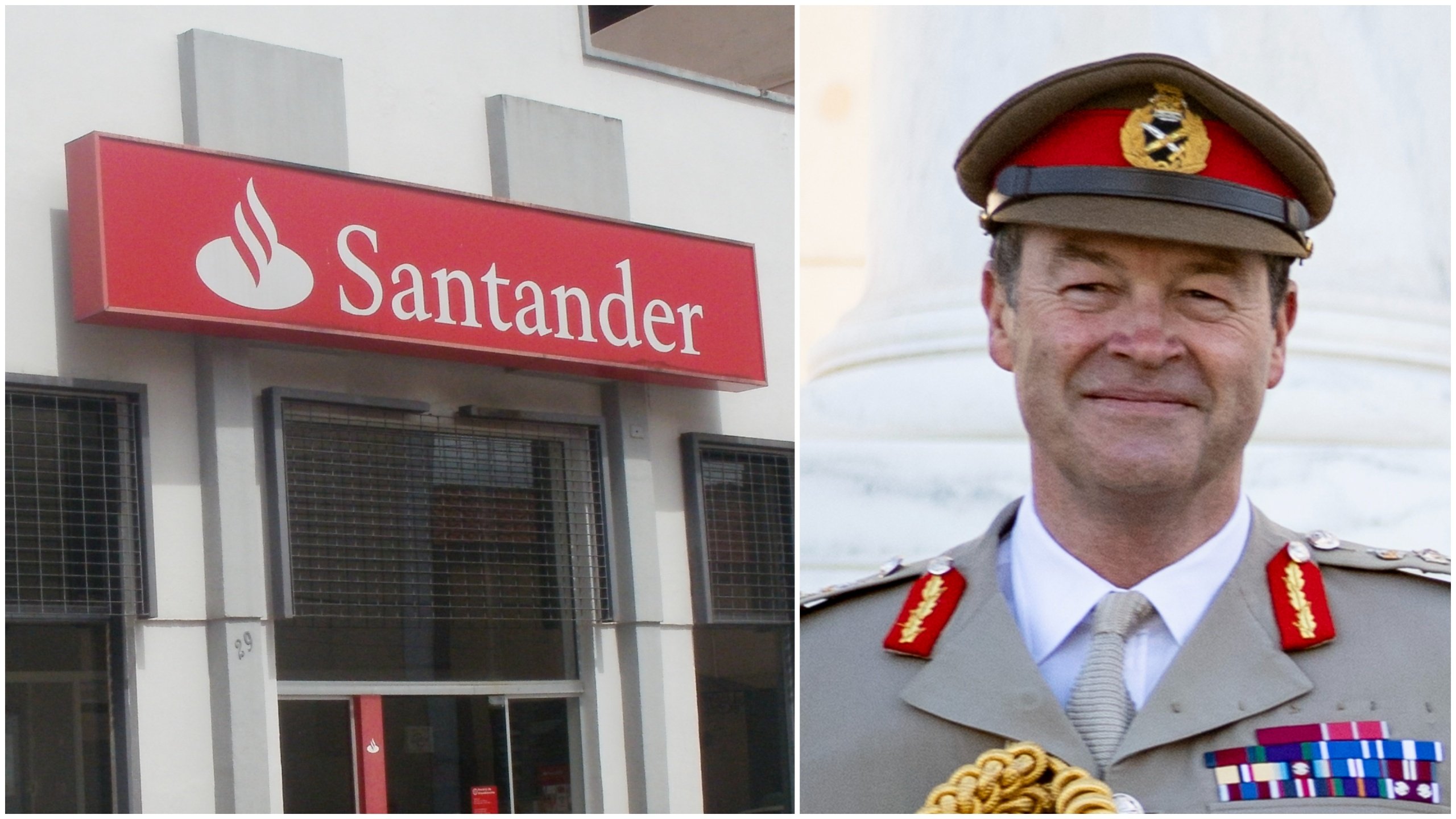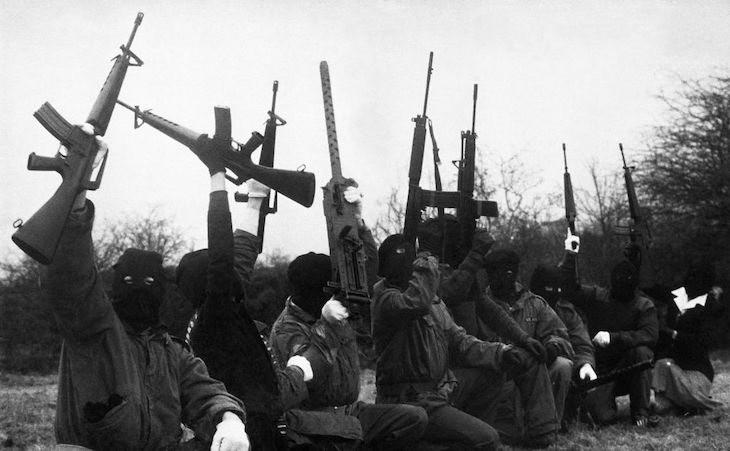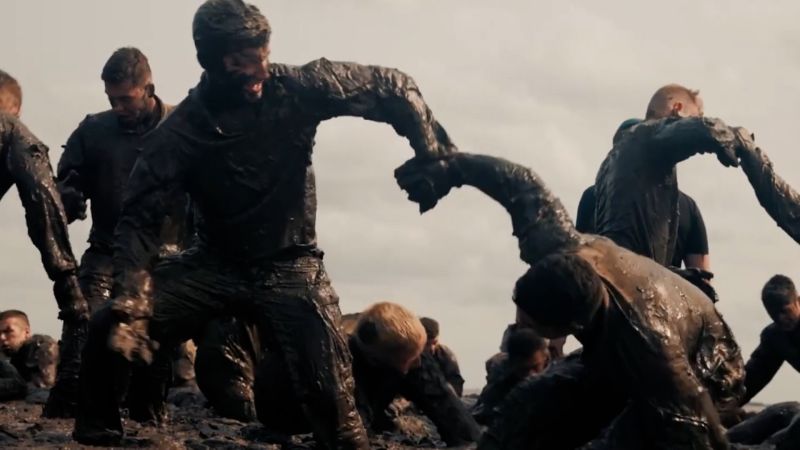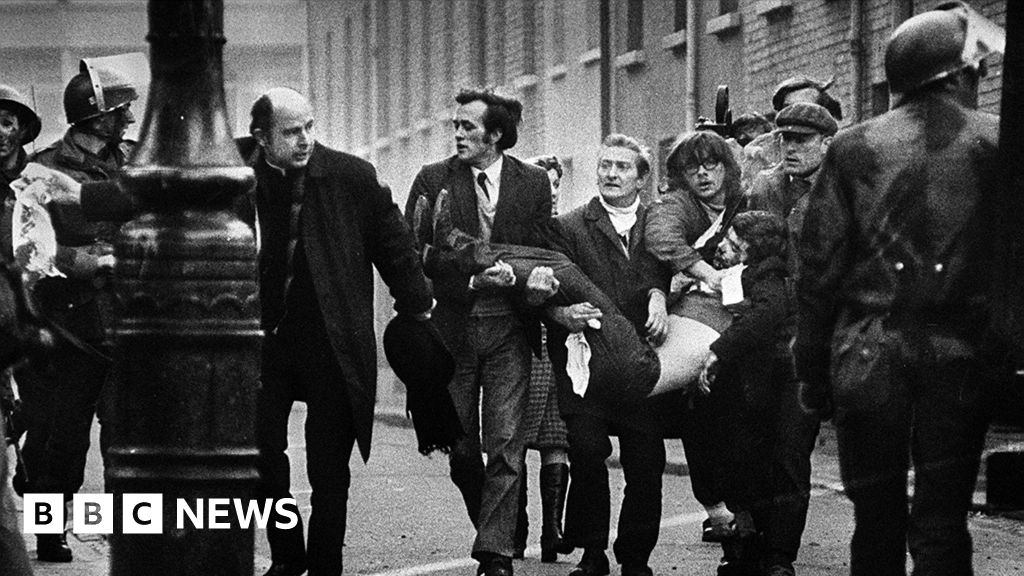daftandbarmy
Army.ca Fossil
- Reaction score
- 44,264
- Points
- 1,160
Quite a long way from that it seems...
One of Britain’s leading defense analysts has called for a sweeping reform of the Army Reserve and a substantial increase in the size of the British Army, warning that the current structure leaves the country unprepared for future conflicts.
Writing on his X page, defense commentator Nicholas Drummond argued that the Reserve is being used in ways that undermine its intended role, while the Regular Army remains too small to operate independently.
“Britain’s Army Reserve needs to be reformed. At the moment, the Regular Army is only deployable with Army Reserve personnel backfilling gaps,” Drummond wrote. “But when the Army Reserve is used to make the Regular Army usable, it cannot focus on its proper tasks, which are: to provide a second echelon force, battlefield casualty replacements, specialist personnel, and the capacity to enlarge the Army as a whole quickly in an emergency.”
Drummond’s core argument is that the Army Reserve should not merely act as a stopgap for personnel shortages but function as a cohesive, deployable force in its own right. That means creating units that train and fight together, rather than providing individual soldiers to plug gaps in the Regular Army.
“Army Reserve units also need to be complete entities that train together and fight together. When organised like this they perform much better,” he wrote.

 defence-blog.com
defence-blog.com
One of Britain’s leading defense analysts has called for a sweeping reform of the Army Reserve and a substantial increase in the size of the British Army, warning that the current structure leaves the country unprepared for future conflicts.
Writing on his X page, defense commentator Nicholas Drummond argued that the Reserve is being used in ways that undermine its intended role, while the Regular Army remains too small to operate independently.
“Britain’s Army Reserve needs to be reformed. At the moment, the Regular Army is only deployable with Army Reserve personnel backfilling gaps,” Drummond wrote. “But when the Army Reserve is used to make the Regular Army usable, it cannot focus on its proper tasks, which are: to provide a second echelon force, battlefield casualty replacements, specialist personnel, and the capacity to enlarge the Army as a whole quickly in an emergency.”
Drummond’s core argument is that the Army Reserve should not merely act as a stopgap for personnel shortages but function as a cohesive, deployable force in its own right. That means creating units that train and fight together, rather than providing individual soldiers to plug gaps in the Regular Army.
“Army Reserve units also need to be complete entities that train together and fight together. When organised like this they perform much better,” he wrote.

U.K. needs 90,000 regular personnel and 30,000 reservists, analyst warns
One of Britain’s leading defense analysts has called for a sweeping reform of the Army Reserve and a substantial increase in the size of the British Army, warning that the current structure leaves the country unprepared for future conflicts. Writing on his X page, defense commentator Nicholas...



